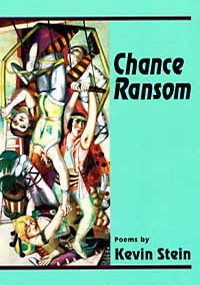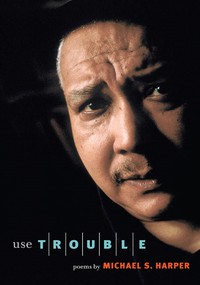
Sufficiency of the Actual
Cloth: 01/05/2009
About the Book
In this ambitious collection, Kevin Stein enters the volatile intersection of private lives and larger public history. In poems variously formal and experimental, improvisational and narrative, wisely silly and playfully forlorn, Stein renders the human carnival flexed across the tattooed bulk of “history’s bicep.”Musical and refreshingly unaffected, Stein’s poems yoke the domains of high and low art. His poems address subjects by turns surprising, edgy, and humorous. They offer musings on the Slinky and the atomic bomb, elegies for a miscarried pregnancy and the late physicist Edward Teller, reflections on night-shift factory work and President Eisenhower’s golf caddy, and meditations on the politics of post-colonialism and a youthful antiwar streaking incident. Against this vivid backdrop parades a motley cast of American characters seeking wiry balance in a fragile world.
About the Author
Kevin Stein is Poet Laureate of Illinois and Caterpillar Professor of English at Bradley University in Peoria, Illinois. His previous publications include American Ghost Roses, Chance Ransom, and several other poetry collections, as well as two books of literary criticism and the poetry anthology Illinois Voices.Also by this author



Reviews
"Stein writes about ordinary objects in unremarkable lives—lawn mowers and Dodge pickups and TV sets and baseball caps—but upon that humble stuff, he sheds the golden radiance of close attention. His poems are delivered in everyday language, which means that when the epiphanies come, they pack a punch."--Chicago Tribune“A self-deprecating societal evaluation that has a tendency to hug and butcher, with lightning word choices that ring seconds after the last of the thunder has been heard.”--Chicago Sun-Times
Blurbs
"Many of Kevin Stein's poems hinge personal to social history, opening the private to the public and examining what connects and disconnects us. It's as if he wants to reside where the self meets the group, and discover there some sense of responsibility, of causal involvement with the world. He uses the focused moment of poetry to show how one life can speak to the condition of a country, and asks that we look critically at our involvement in the society we have made. This is a compelling and large-minded book."--Bob Hicok




